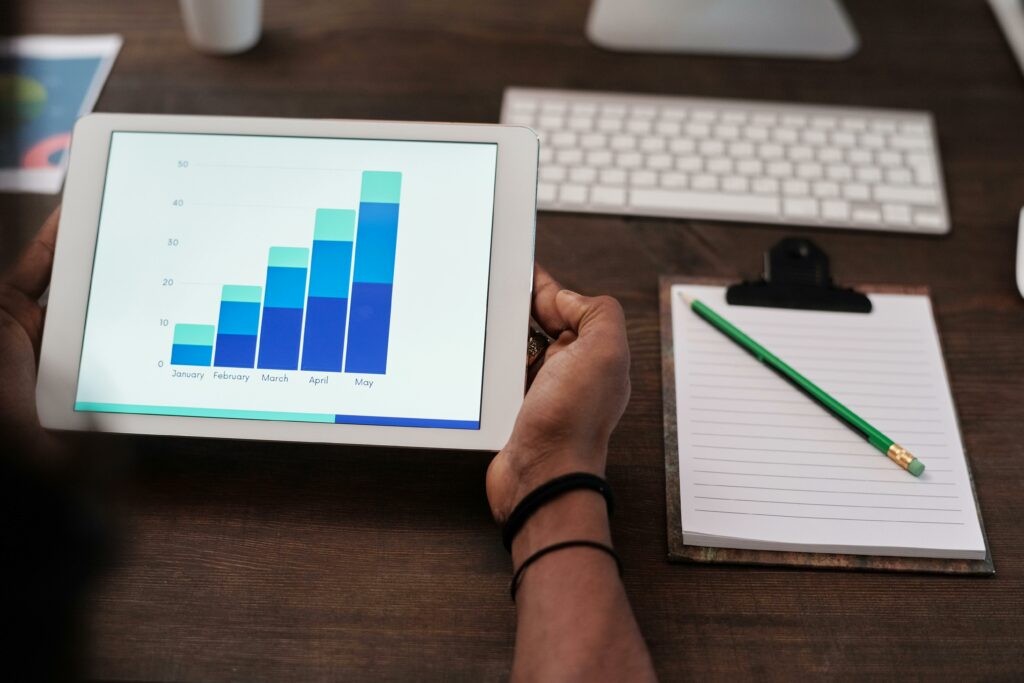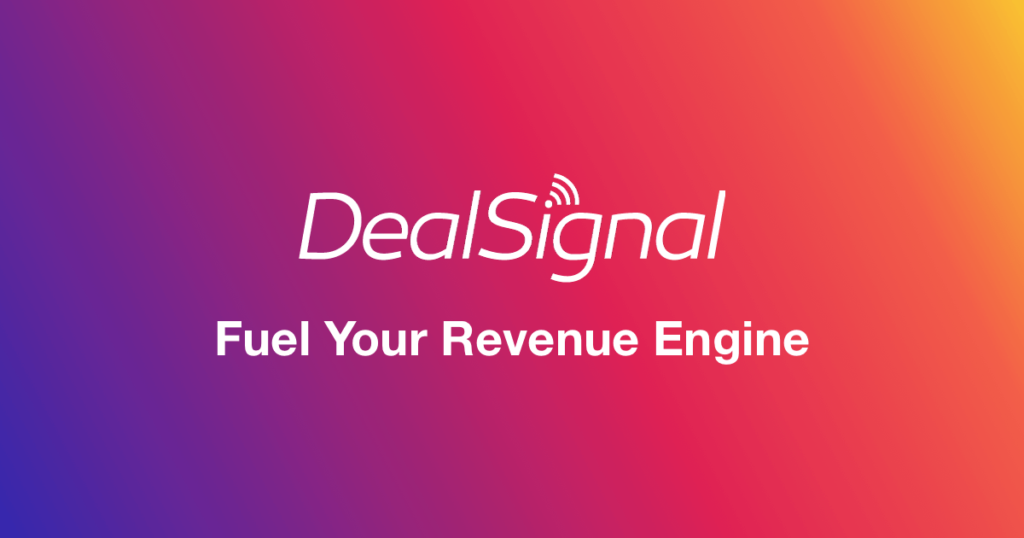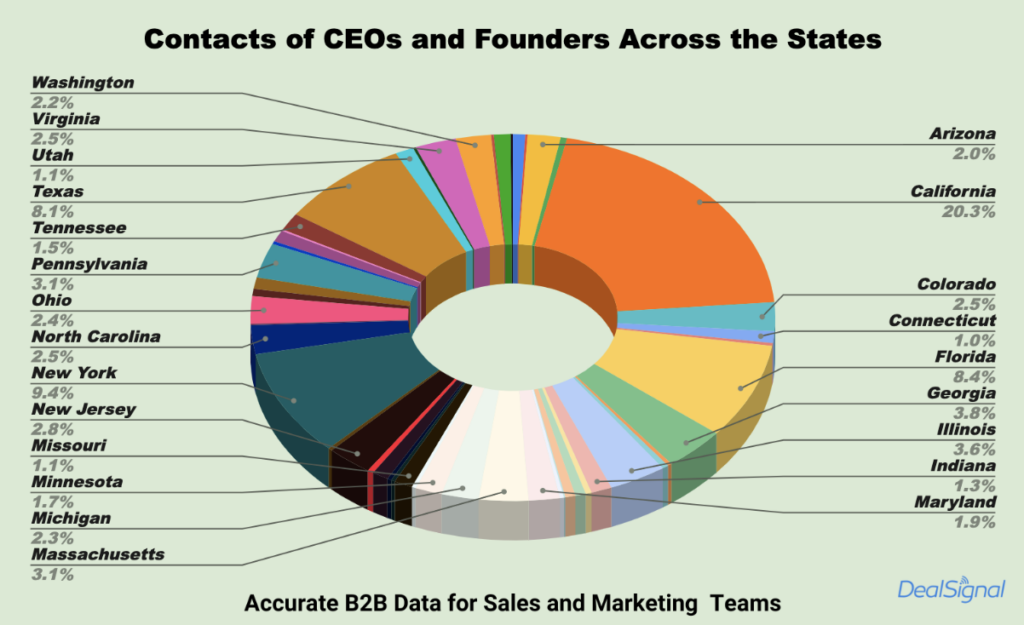With so many B2B data platform providers available today, how do you know you’re choosing the right vendor for your business?
To ensure you’ll get what you need from your data platforms provider, we’ve compiled a checklist of the most important performance factors to consider before deciding on which data platforms provider you can rely on to fuel your lead generation, prospecting, and pipeline development.
B2B Data Platforms Providers: Essential Differences
How B2B data is sourced and verified has a direct effect on the outcome of your team’s performance.
Fundamentally, all B2B data platform providers can be divided into three categories: list sellers, aggregators, and data platforms.
List sellers
List sellers
A B2B data platforms list seller provides a static compilation of data that is typically built once, without any regular updates. Typically, list sellers do not share where, when, or how they source their data and using it is risky as most do not provide any contractual guarantee or recourse if the list is inaccurate, outdated, or resold without permission (stolen).
Adding onto the untrustworthiness of static data is the fact that, on average, people change employers every 4.1 years according to the latest report by the US Bureau of Labor. Marketing Sherpa’s research adds that the decay rates of static data are just over 22% per year. That’s why data bought from list sellers have a short use-by date and should be treated as such.

Data Aggregators
Unlike other B2B data platforms, Data Aggregators collect their information from a wide variety of sources and therefore provide broader coverage than list sellers.
1. Traditional aggregators will purchase and compare data from multiple sources a couple of times a year, with no verification process in place – InsideView, Lusha, and Hunter fall into this category of data platform providers.
2. Modern aggregators update their sources more frequently, claiming to update their data every 90 days, with no thorough verification process – SalesIntel, ZoomInfo, and Adapt.
Verified B2B Data Platforms
Verified B2B Data platform providers such as DealSignal are the next-generation solution for B2B data, as they leverage multiple, real-time data sources, the power of artificial intelligence (AI), and thorough verification processes to ensure the data has the highest coverage along with the highest quality.
With Verified B2B data platforms, the verification process runs in parallel to data sourcing, which ensures premium data accuracy.
Whichever type of B2B data platform provider you ultimately decide on, the essential three factors by which you should judge them are coverage, accuracy, and precision.

Set your sales and marketing teams up for success.
Contact us today for a FREE demo of DealSignal
Coverage
Any B2B data platform’s offer represents a delicate balancing act between its database’s breadth and depth – that is to say, its size and comprehensiveness. And that should usually be the first thing you check on when evaluating potential vendors.
The wider the scope of contact details, the more information you can extract to inform your lead assignment and marketing campaigns.
More limited providers might inform you only of your contact’s name, email and phone number. And while this level of information might work for some – the more you know about your prospects, the easier it will be for you to approach them and make a great first impression.
B2B data platforms vendors on the more comprehensive end of the spectrum will provide you with finer details, such as company size, revenue, etc. DealSignal, for example, offers 100+ data points for each of the contacts in our database.
The other half of the comprehensiveness equation is database size. The larger the database, naturally, the more likely it is you’re covering your target market, leaving no stone unturned during your campaign.
But watch out – sizable contact databases are worth very little if the contacts in them are not particularly fresh. This brings us to our next point…

Accuracy
A Dun & Bradstreet survey found that 20% of businesses have lost customers due to incomplete or inaccurate data. Does this problem sound familiar?
Maintaining the validity of information when handling large quantities of data is the most common issue B2B data platforms vendors face. This challenge is particularly prominent today, as total annual employee turnover in the US was predicted to jump by nearly 20% in 2022. This translates to a projected 37.4 million people quitting their jobs – a number so large it’s not hard to believe it will have some impact on your existing CRM Database and your lead lists.
With high turnover rates in mind, if a provider is ready to offer you thousands of contacts off the bat, it would be prudent to check out their data verification process.
Most data platforms providers – especially those with sizable databases – only update their data periodically and partially. These periodical checks are still somewhat effective, ensuring 60-70% data accuracy – but that 30-40% margin of error can still really affect the efficiency of your sales team, and cost you revenue.
When it comes to data accuracy, data platforms such as DealSignal remain unparalleled. With dynamic data enrichment and verification, you are guaranteed a larger number of quality leads, higher conversion rates, and a significant improvement in overall efficiency.
Precision
Once you know your database is comprehensive and the contacts in it accurate, you might feel as if you’re good to go. The more leads you have on your list, the bigger the chances of a sale, right?
Except that’s not always true. While 1000+ leads lists will make you feel like a land of opportunity has just opened up for you, chances are these lists are not specific enough to really hit your ideal buyer persona on the nose. This leads to a waste of time and effort reaching out to prospects that have little to no interest in engaging with your business in any way.
To reach your target, you’ll need a lead list with a large number of high-precision filters, that can deliver to you exactly the kind of contact you’re on the lookout for: from seniority level, and buyer persona keywords to company size, latest funding information, etc.
With these highly selective lists, your marketing and sales teams can develop campaigns with pitch-perfect personalization – meeting and exceeding the expectations of today’s digital consumer. This strategy has been shown time and again to bring back impressive results; for example, up to 40% more revenue, as per McKinsey’s Next in Personalization 2021 report.
Additional factors
Speed
How quickly can you access the data you need?
Always consider speed when deliberating over your choice of data vendor.
Can you think of a situation in which you would need data as quickly as possible? Then you might need to go to a provider who can give that to you.
Integrations
How easy is it for you to use the data?
Even with the latest developments in data tech, there is still quite a lot of work to do once you receive your lead lists, such as adding or updating data. Search for vendors who will provide you with CRM connectors and APIs that can ease those tasks, while also allowing for automated enrichment and capturing data on demand.
Intent data
How many different types of data are you accessing?
The use of intent data by go-to-market teams has grown significantly and is predicted to be one of the top B2B trends in 2023.
Intent data proactively identifies potential buyers by parsing through information such as online searches, page visits, email open, click-through rates, ad clicks, or e-Book downloads.
All of these different data points – or intent signals – signify certain points of interest to your audience. These could be specific wants that need addressing (think of a common search term such as Top CRM providers in 2022), or problems that need solving (such as search terms starting with the phrases how to… and how do I…).
Intent can be found even in those users visiting your website, or those contacts who open your email newsletters – parts of your audience who have viewed your recent email promoting jeans sales will probably respond favorably to another nudge offering special discounts and introducing the new collection.
Intent data represents a great resource to lean on when identifying the movement of your market and recent buyer trends – and leveraging these insights brings a higher engagement, shorter sales cycles, and an improved ROI.
In Conclusion
With high turnover rates that are a signature of the job market today, ensuring you have access to quality, verified B2B data is everything.
That’s why it’s crucial to choose the right B2B data platform provider for your business.
If you’re interested in learning more about b2b data platforms provider performance factors, check out our recent issue, “The Definitive Guide To Evaluating and Choosing a B2B Data Provider”.

TAM Analysis for Targeting CEOs in the US




